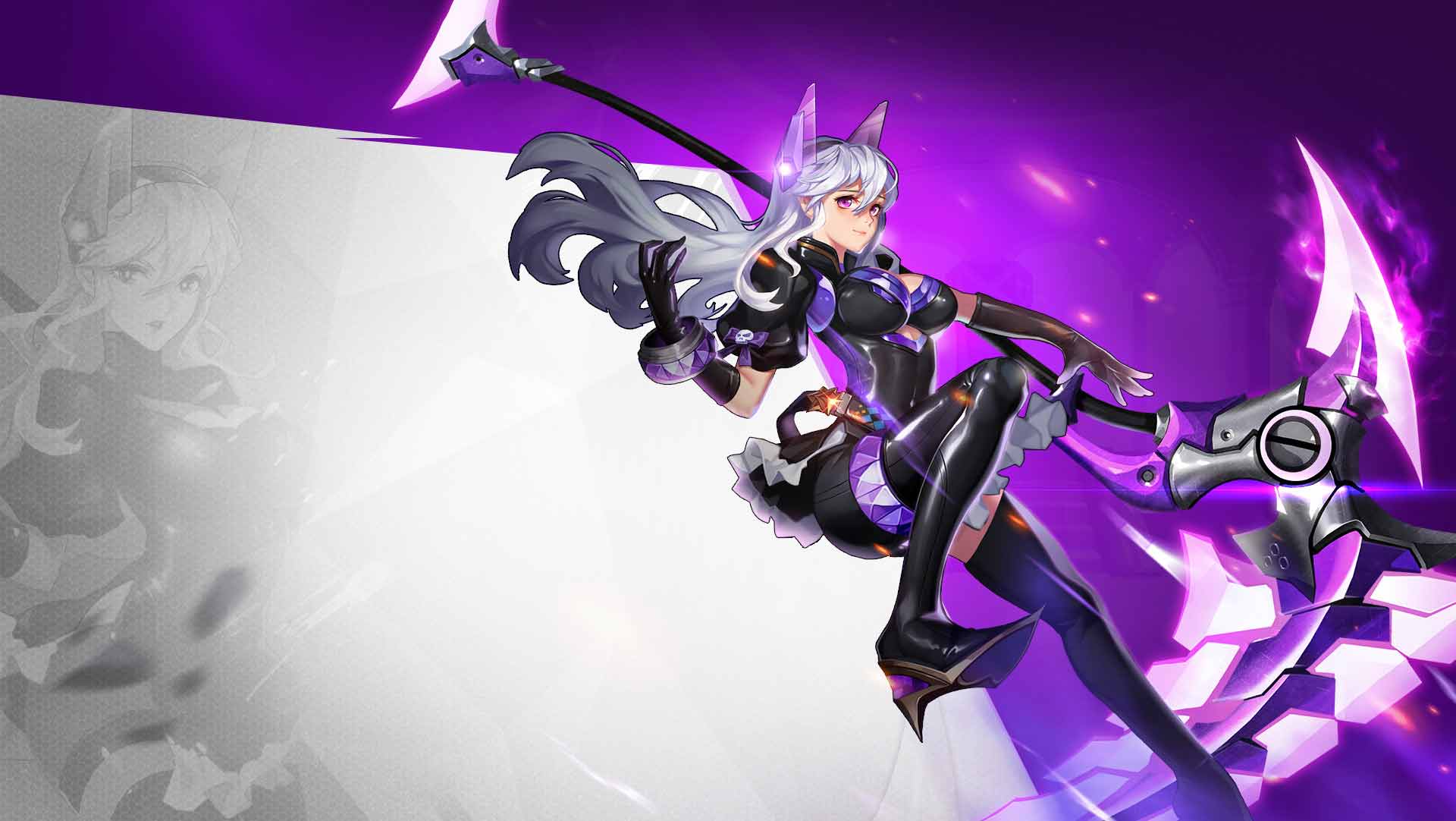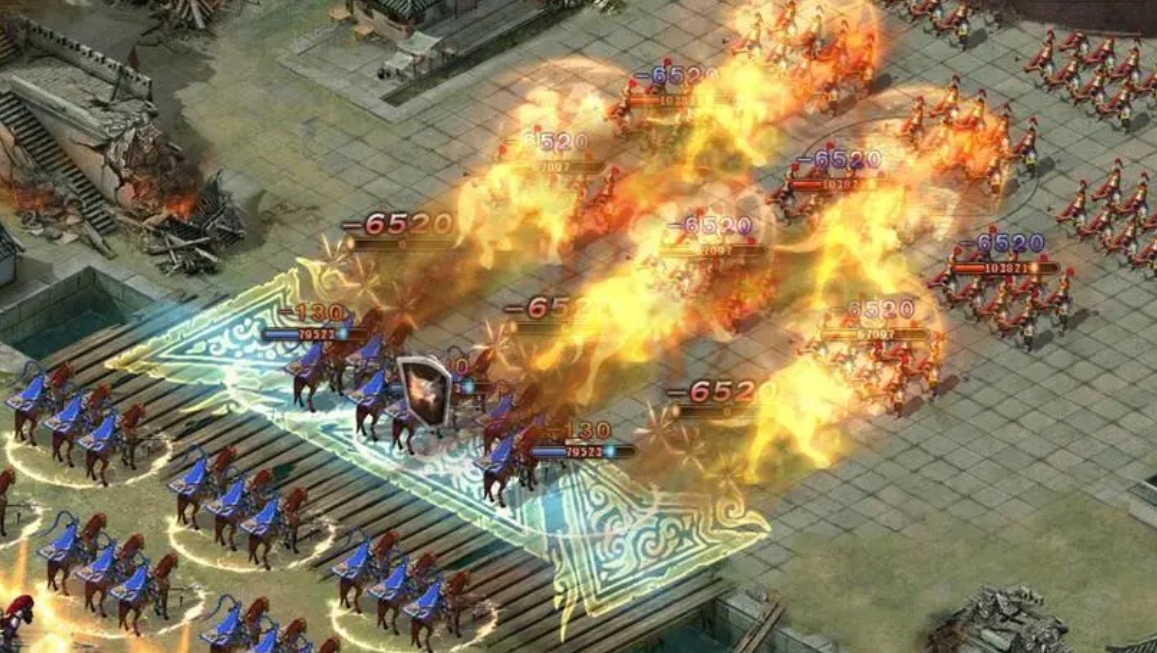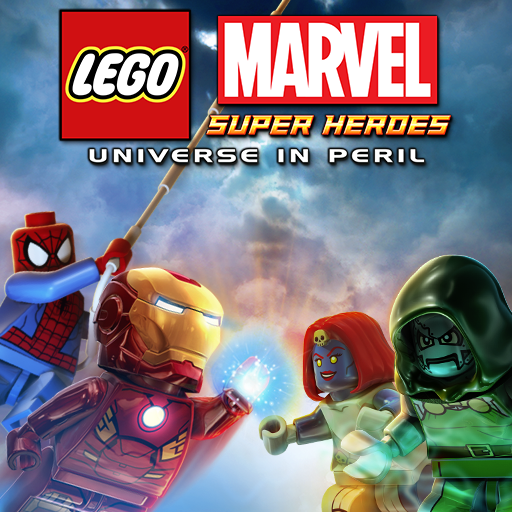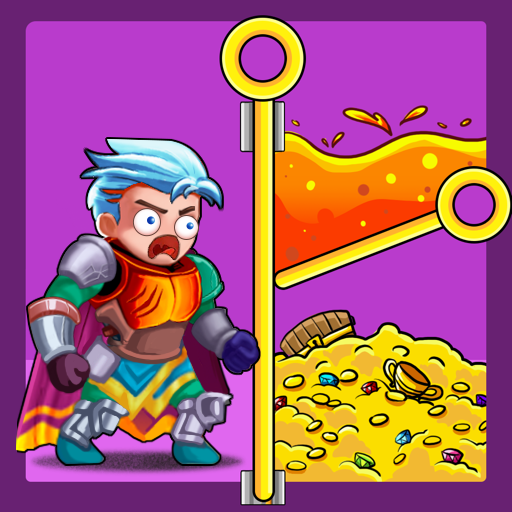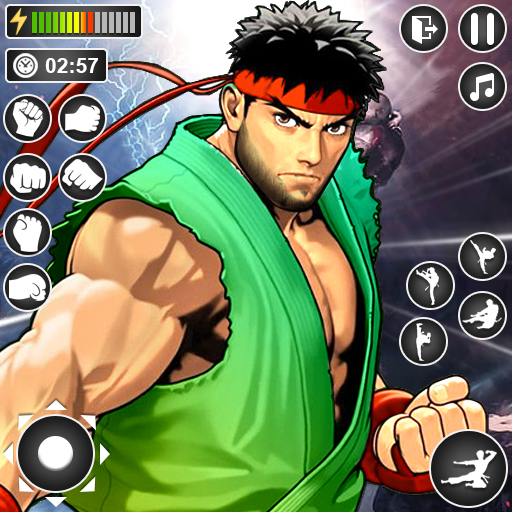In the vibrant universe of mobile gaming, space-themed strategy experiences have soared not only in number but in the depth of engagement they offer. "Endless Lagrange," a sprawling space simulation game, has carved out its niche by offering a unique blend of intricate gameplay, immersive storytelling, and captivating graphics. At the heart of this interstellar adventure lies the challenge of progressing through various levels to achieve prestige and power. Among these, the "Searing Level" stands out as a pinnacle of player accomplishment – a status that indicates not just skill but also strategic prowess and dedication. In this article, we embark on an odyssey to demystify the process of reaching the esteemed Searing Level in "Endless Lagrange."

The Quest Begins: Understanding the Basics
Before setting your sights on the Searing Level, it is indispensable to familiarize yourself with the game's fundamental mechanics. "Endless Lagrange" invites players to assume the role of a fleet commander in an expansive universe, navigating through the intricacies of space colonization, fleet management, and political alliances. The growth trajectory in the game is marked by ascending through levels, each delineating a player’s progress and enabling access to advanced gameplay features.
Crafting Your Strategy: Building A Strong Foundation
The path to the Searing Level is paved with strategic decisions and calculated risks. As you begin your journey, it's essential to construct a robust foundation for your empire. This involves the meticulous organization of your resources, the development of your fleet, and the establishment of a sustainable economy. Focusing on constructing a balanced fleet, researching advanced technologies, and cultivating a reliable income of essential resources, such as minerals, energy, and Lagrange particles, is crucial.
Navigation and Expansion: Exploring the Stars
Exploration and territorial expansion form the cornerstone of "Endless Lagrange." As you progress, you will encounter numerous celestial bodies, each harboring potential for resource extraction or colonization. By establishing outposts and colonies on these planets, players can accelerate their resource generation and create strategic strongholds. Mapping out your course in the galaxy and identifying strategic locations for expansion is vital for ascending through the game’s levels, inching closer to the Searing Level.
Diplomacy and Alliance: The Social Fabric of Success
Endless Lagrange is not a solitary affair; your rise to the Searing Level will be heavily influenced by your ability to navigate the complex web of alliances and rivalries. Establishing diplomatic relations and joining powerful alliances can provide protective benefits, shared resources, and camaraderie in times of conflict. These relationships will become increasingly consequential as you encounter more formidable adversaries and compete for precious territory.
Military Might: Assembling and Commanding Your Fleet
At the heart of your space empire is your fleet – the instrument of your will and the key to your success. Achieving the Searing Level requires a commanding fleet, characterized not only by its size but by its composition and technological advancement. Invest in a variety of ships, from nimble frigates to colossal dreadnoughts, each serving a specific strategic purpose. Regularly upgrading and diversifying your fleet ensures that you can adapt to various combat scenarios and triumph over your foes.
Commanding the Economy: Trade, Production, and Resource Management
A thriving economy is the engine of your empire's growth, and meticulous management of your resources is imperative. Trade with other players and NPC factions to obtain scarce resources, leverage your production capabilities, and ensure a steady flow of income. Efficient resource allocation for fleet maintenance and expansion is key, as is the foresight to recognize and invest in profitable ventures.

Conquest and Defense: Tactical Engagement in Warfare
Confrontations in "Endless Lagrange" are inevitable, and your path to the Searing Level will be rife with battles. Mastering the game's combat mechanics requires an understanding of ship capabilities, fleet formations, and the strategic use of special abilities. Engaging in PvP and PvE skirmishes, defending your territories, and launching strategic offensives will hone your command skills and contribute to your reputation as a formidable force.
Technology and Research: Innovating for the Future
The technological progression in "Endless Lagrange" is a tapestry woven with intricate research trees, each leading to groundbreaking advancements. Tackling these research paths can unlock powerful new ships, improved facilities, and enhanced abilities that edge you closer to achieving the Searing Level. Prioritize technologies that align with your overall strategy, and maintain a steady investment in research to stay ahead of the competition.
The Searing Level: Your Journey’s Milestone
As you integrate these principles into your gameplay, the Searing Level will come within reach. It’s not just a testament to your command abilities but a reflection of strategic thinking, time investment, and perseverance. The Searing Level is more than a status; it is a gateway to the game’s highest echelons, where the mightiest commanders vie for supremacy.
Final Frontiers: Constant Vigilance and Enduring Legacy
Upon reaching the Searing Level, the journey is far from over. "Endless Lagrange" is an ever-evolving universe with new challenges, features, and events continually introduced. Maintaining your status at the Searing Level necessitates constant vigilance and a readiness to adapt to an ever-shifting landscape. This is where your legacy is defined, in the annals of the game's rich history.

Achieving the Searing Level in "Endless Lagrange" is a testament to a player’s tactical expertise, economic acumen, and diplomatic finesse. This comprehensive guide has laid out the essentials, but the true path to this coveted status is unique to each commander. It is through your decisions that your destiny is sculpted, amidst the stars and the unending expanse of this digital cosmos. Remember that each challenge faced and conquest achieved is but a step towards greatness, and the Searing Level is a soaring symbol of your enduring commitment and your unwavering strategic mind. Assemble your fleet, ready your resources, and set sail for the stars – the Searing Level awaits.


